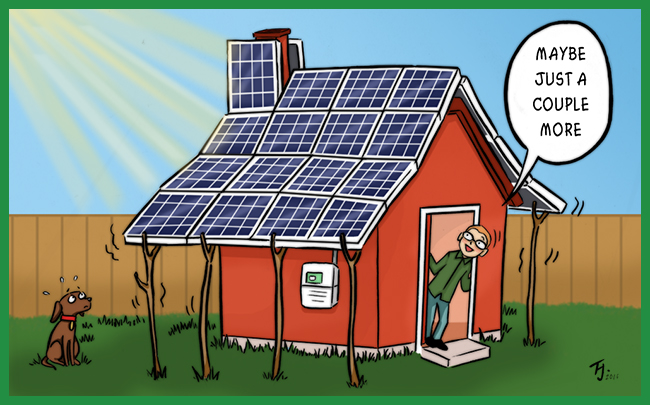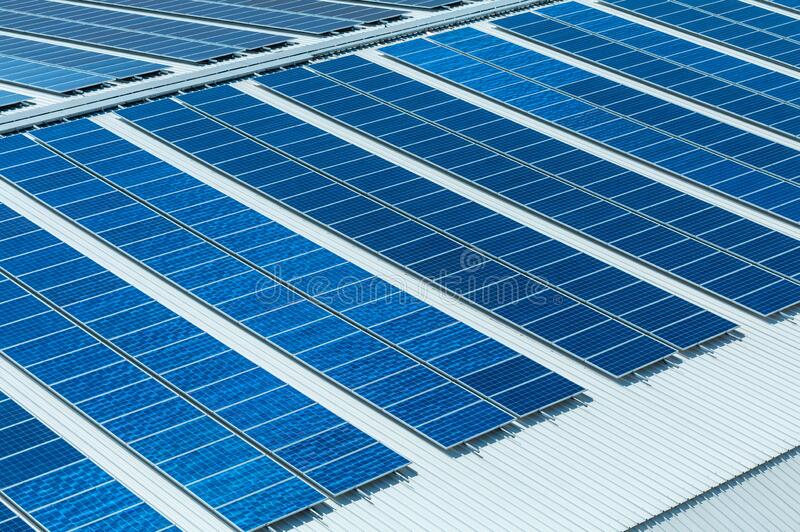
RECs (renewable energy certificates) are green energy commodities that absorb the maintenance and investment costs of installing solar systems on roofs. They can also provide substantial income to the system owner. These credits are in short supply due to the popularity and demand for renewable energy. These credits can be traded directly on the state markets. Some SREC aggregators, solar financing companies, and some solar financing companies offer partnership programs to solar contractors.
RECs represent a green energy resource
Renewable energy certificates (RECs) are tradable units of energy produced by solar panels. One REC can have a value of up to $300 in some markets. A typical 5 kW home solar installation can generate up to six SRECs a year. These credits are useful in helping you comply with your state's regulations on renewable energy.
RECs are a great way of supporting renewable energy production. They encourage companies to produce more sustainable energy, and thus make it more affordable. They're also perfect for businesses that want to reduce their greenhouse gas emission, such as Whole Foods.

They cover the cost of solar system installation on rooftops.
The environmental benefits of solar panels are not the only reason to install solar panels on rooftops. This can also increase a home's potential resale values. Solar panels can increase a home's value by as much as $5,911 for every kilowatt installed. A 3.1 kilowatt solar panel could bring a home almost $18,000 more value.
Solar panel installation requires a professional to install the system. They will make sure the roofing tiles are secured and the wiring is connected. Installers will then mount solar panel racks that can hold the panels. The next step is to connect the solar panel arrays to the system's inverter. The inverter is responsible for converting solar energy into AC energy and storing any excess.
They can be a source of significant income for system owners
You can make extra money by getting a SREC to use for a solar-system. These credits can be either sold on the spot marketplace or through contracts. Contracts can be used to sell credits for a certain period of time. Credits on the spot marketplace are available every quarter or monthly. Spot market prices can fluctuate widely, but are generally higher than those in the spot market. Contractual sales provide system owners with more stable and predictable earnings. Solar system owners can expect to earn between $10-10 per credit.
An alternative way to earn extra income is to sell solar systems to a utility. Many utilities offer green power incentives to encourage customers using renewable energy. These programs allow participating customers to purchase renewable energy from a utility and claim the corresponding RECs. At least 850 utilities offer green power programs as of 2017.

Due to the success of Renewable Energy, they are already oversupplied
The sale of unbundled renewable energy certificates, or RECs, is booming. These certificates are the most popular form of green-power procurement on the voluntary market. In the United States, RECs have grown from 19.8 million MWh (2010 to 2019) to more than 68 millions MWh (2019). Companies such as Apple, Google and Salesforce are the biggest purchasers of RECs.
Pennsylvania's market is saturated because of the overlap of up-front incentive programs. This has led to a significant expansion of state solar capacity. Stability in Pennsylvania's solar market will depend on the coordination of these up front incentives with future SREC revenue. The Pennsylvania market is still open, so a lot of SRECs being retired in Pennsylvania come from out-ofstate facilities. This could lead to an oversupply in the future, which is a problem for market.